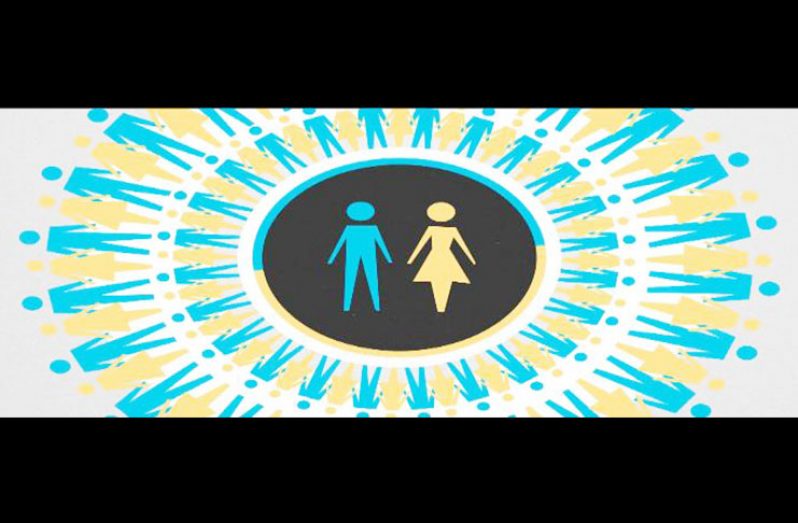“Equality and Parity in Science for Peace and Development”
THE idea for an International Day of Women and Girls in Science was generated during the first High-Level World Women’s Health and Development Forum organised by the Royal Academy of Science International Trust (RASIT) and The United Nations Department of Economic and Social Affairs, and held on February 11th 2015 at the United Nations headquarters.
Following an outreach to a number of partners and stakeholders at all levels and with RASIT’s partnership with the Ministry for Social Dialogue, Consumer Affairs and Civil Liberties, the Republic of Malta, a milestone year was reached in which the 70th Session of the United Nations General Assembly adopted Resolution (70/212) proclaiming February 11, annually the International Day of Women and Girls in Science. The sponsorship of more than 68 countries and the approval of all Member States to the resolution signal the global community’s interest in transforming our world through achieving equality and parity in science for sustainable development.
The partnership between the Royal Academy of Science International Trust (RASIT) and the Government of the Republic of Malta illustrates Sustainable Development Goal 17.
In both 2016 and 2017, the Royal Academy of Science International Trust organised the commemoration of the International Day in close collaboration and partnership with the United Nations Department of Economic and Social Affairs (UN-DESA) and the Government of Malta. The participation of the highest levels of the UN system agencies and programmes, Inter-governmental Organisations and Member States, demonstrates the continuing resolve and commitment of international community to eliminate gender inequality in science, employment, opportunities and education.
CONCEPT NOTE AND PROGRAMME AGENDA
Despite some progress in recent years, achieving equality and parity in science remains an important challenge for policy-makers and the scientific community at large. This commemoration will examine the need for policy changes at all levels, to address the gender imbalance that exists in scientific fields, as well as in other areas including technology, engineering, mathematics and cutting-edge, innovative technologies.
The role that women in science can play at all levels has become a priority on the science agendas of many national and international political institutions. Although the number of female science graduates has increased, true equality and parity in science has not yet been achieved.
Over the past 25 years, the United Nations and its agencies have realised the gender-gap in science; however, the advancement of women and girls in science has not only stalled, but the international community is seeing a recidivist slide backwards.
The question to be asked is “Why?” Why have there been so few female scientists chosen to speak at high-level events, or selected to take part in international decision-making bodies, or to deal with policy formulation?
In striving towards equality, peace and prosperity and towards universal sustainable development, we must recognise the role of women in science in achieving implementation of the 2030 Agenda.
The role of the UN Commission on Science and Technology for Development in suggesting policy recommendations to Heads of State and Government, as well as to parliamentarians, will be highlighted, the significant role of the UN Conference on Trade and Development (UNCTAD), as the responsible UN entity serving as the Secretariat for the Commission, will be discussed, and similar to neglected areas of science and the official UN bodies that deal with them will be presented. The role of the scientific diaspora will also be discussed.
The 2018 International Day of Women and Girls in Science Forum (IDWGS-2018) aims to mobilise women in science expertise from a wide range of disciplines that can contribute to achieving sustainable development goals. It will explore innovative ways to measure and assess data produced by international organisations. The forum will also provide a unique opportunity for policy-makers and women in science experts to propose an International Framework and Action Plan for Equality and Parity in Science.
The purpose of this forum is to harness the strategies, expertise and resources across the broadest spectrum of policy-makers, professionals, civil society and the private sector to move equality and parity in science for sustainable development into the mainstream discourse. It is anticipated that this will spark sustained public demand for lasting political action in support of an ambitious outcome from the 2030 Development Agenda process and other declarations and Outcome Documents of other UN fora.
The Forum Planning Committee has made every effort to ensure that perspectives from north/south, gender, youth, older persons, indigenous peoples, persons with disabilities, global geographic areas, expert constituencies, and international networks are included. (http://womeninscienceday.org)




.png)









